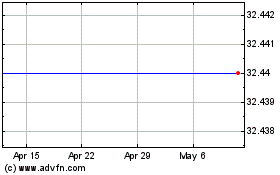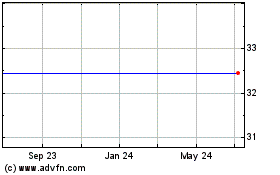BANK BILL: Student Lenders Like Sallie Mae Avoid Setback
June 25 2010 - 1:34PM
Dow Jones News
Companies that extend private loans to students will continue to
be able to do so without needing schools' confirmation that the
students have exhausted all other aid options, after the U.S.
Senate shot down a House proposal that would tighten certification
requirements.
The Senate decision could be considered a win for industry giant
SLM Corp. (SLM), which originated $840 million in private loans in
the first quarter. That company, commonly known as Sallie Mae, is
expected to rely more on its private-loan business now that the
government took federal loan originations in-house, eliminating a
major revenue source from third-party lenders.
A representative from Sallie Mae wasn't immediately available
for comment. Other top private lenders include Citigroup Inc.'s (C)
Student Loan Corp. (STU), Wells Fargo & Co. (WFC) and J.P.
Morgan Chase & Co. (JPM).
Sen. Chris Dodd. (D., Conn.) said earlier this week that
Congress wouldn't include as part of its financial-reform bill a
measure requiring lenders to check that students maximized their
federal, state and institutional loans before turning to private
loans, which often have higher interest rates and less-flexible
repayment terms. As the law currently stands, students must
"self-certify" that they have tried to take out other loans.
According to the Institute for College Access and Success,
nearly two-thirds of private-loan borrowers in 2007-2008 borrowed
less than they could have in federal Stafford loans.
Mark Kantrowitz, publisher of financial-aid website FinAid.org,
said the Senate's decision is a disappointment because the House's
proposal would have eliminated direct-to-consumer private loans,
"which tend to be excessive."
Still, the financial-reform bill is expected to change some
private-lending operations.
"The Wall Street reform bill goes a long way to provide strong
new consumer protections to student borrowers," Dodd said Tuesday
in announcing that institutional certification wouldn't be included
in the reconciliation.
While it is still unclear exactly what are the new rules to
which private student lenders will have to adhere under the
Consumer Financial Protection Bureau, a person close to the
conference committee said the bureau will be allowed to set rules
on underwriting, disclosures, advertising and creditworthiness but
is barred from setting usury rates.
The watchdog will have the authority to enforce regulations for
banks and credit unions with assets over $10 billion, including
those with student-lending operations. But many private lenders'
depositary units, including Sallie Mae's bank, don't meet that
threshold and will continue to report to the Federal Deposit
Insurance Corp.
-By Melissa Korn, Dow Jones Newswires; 212-416-2271;
melissa.korn@dowjones.com
Student Loan (NYSE:STU)
Historical Stock Chart
From Mar 2024 to Apr 2024

Student Loan (NYSE:STU)
Historical Stock Chart
From Apr 2023 to Apr 2024
